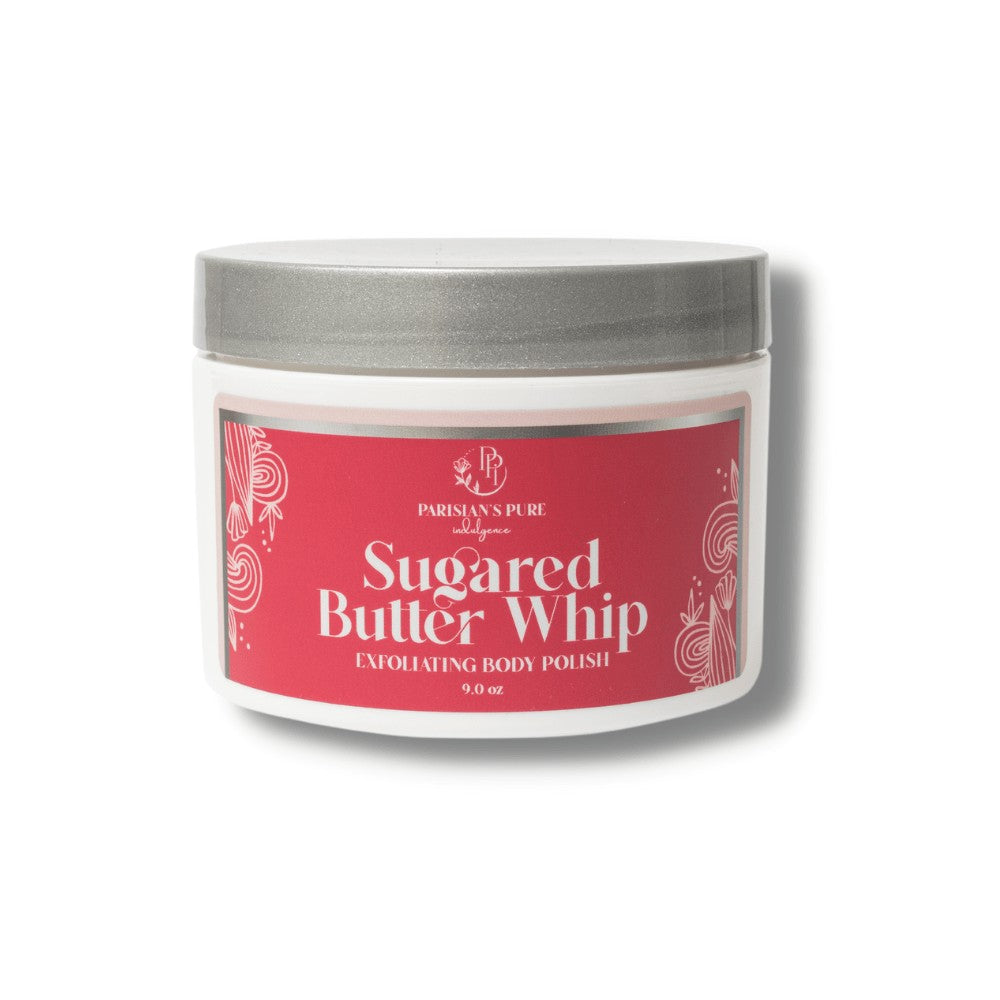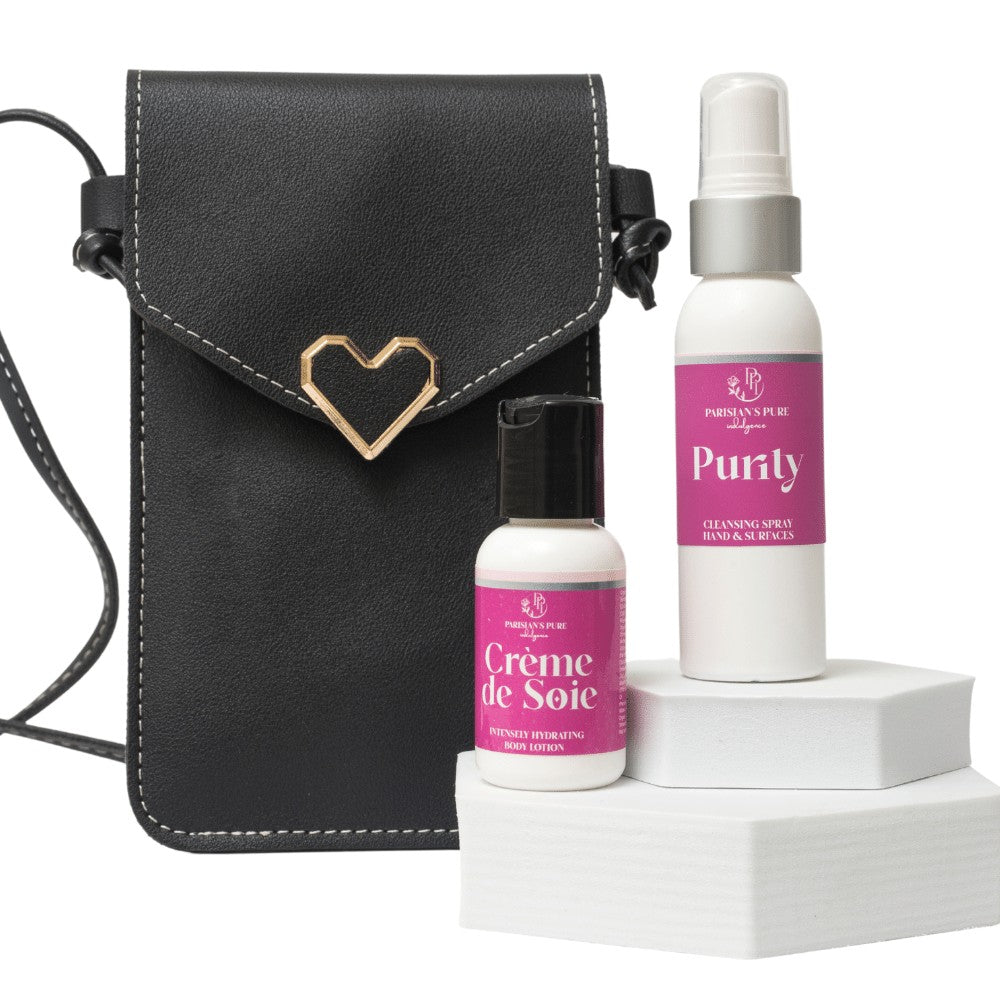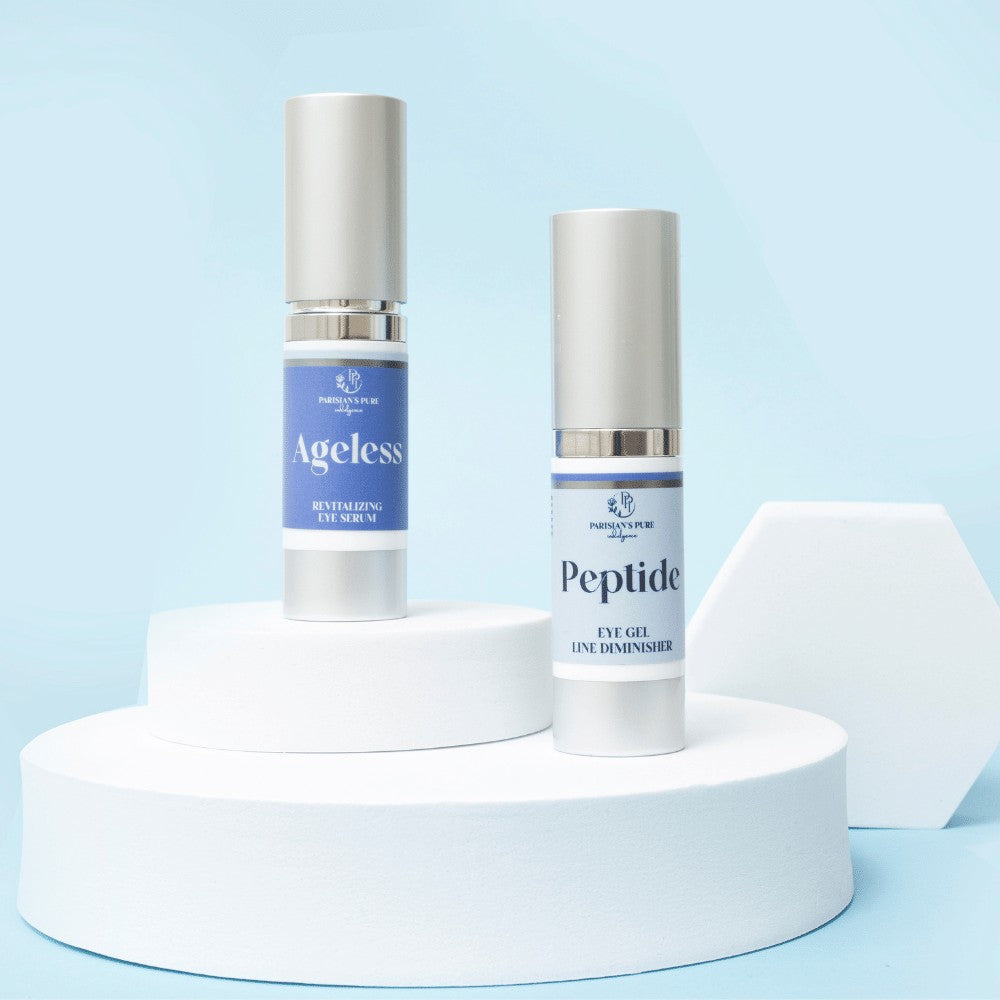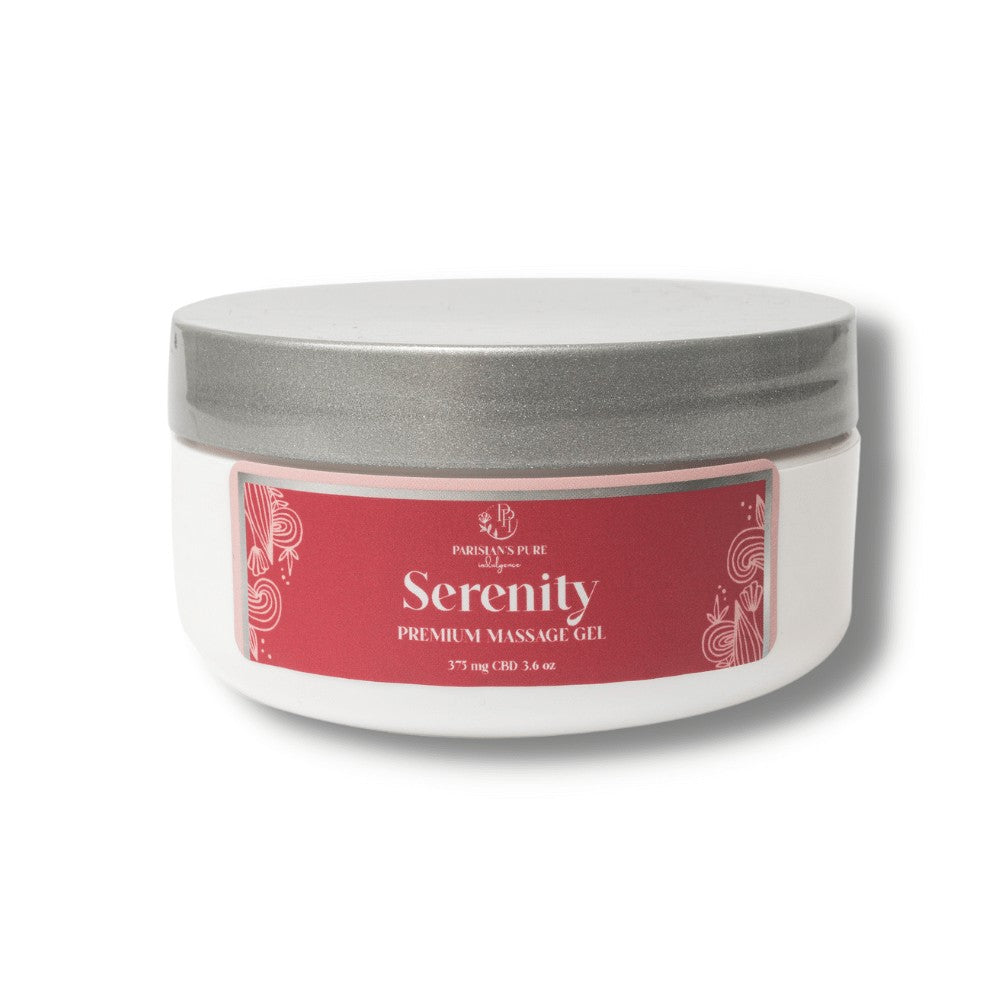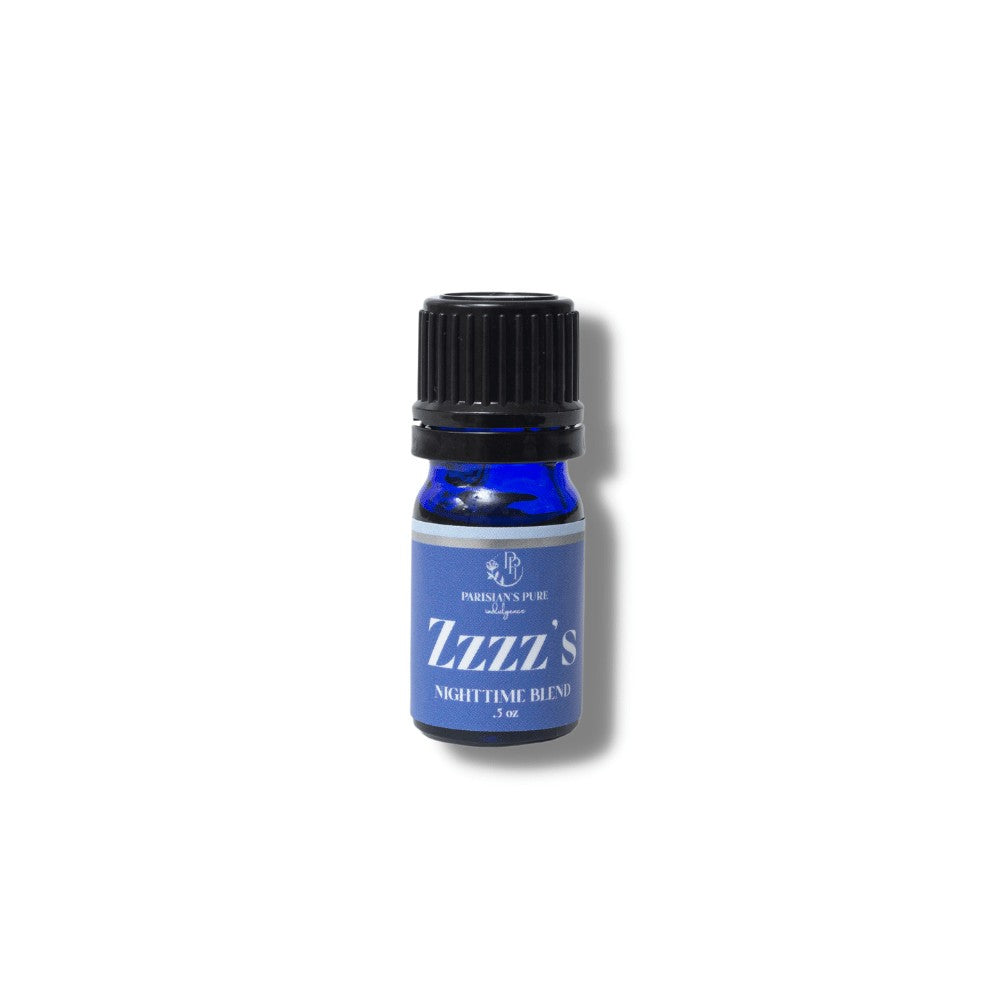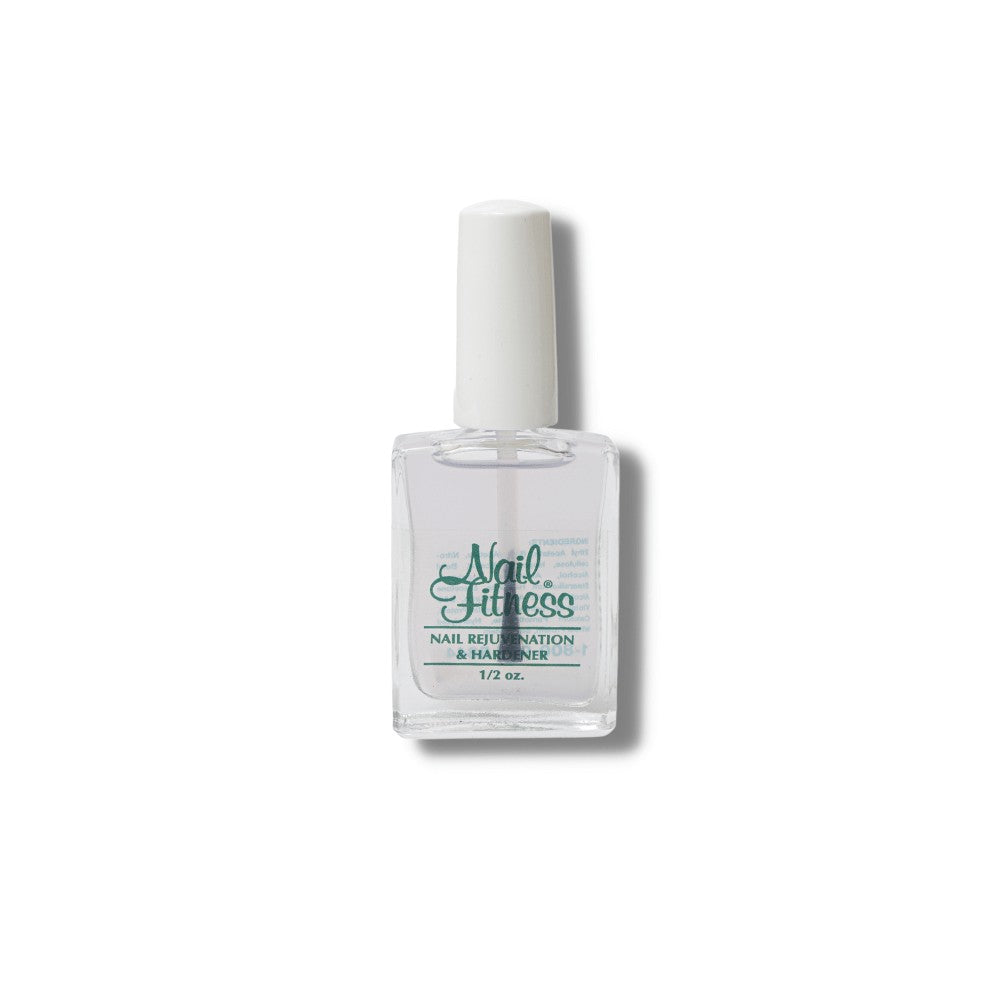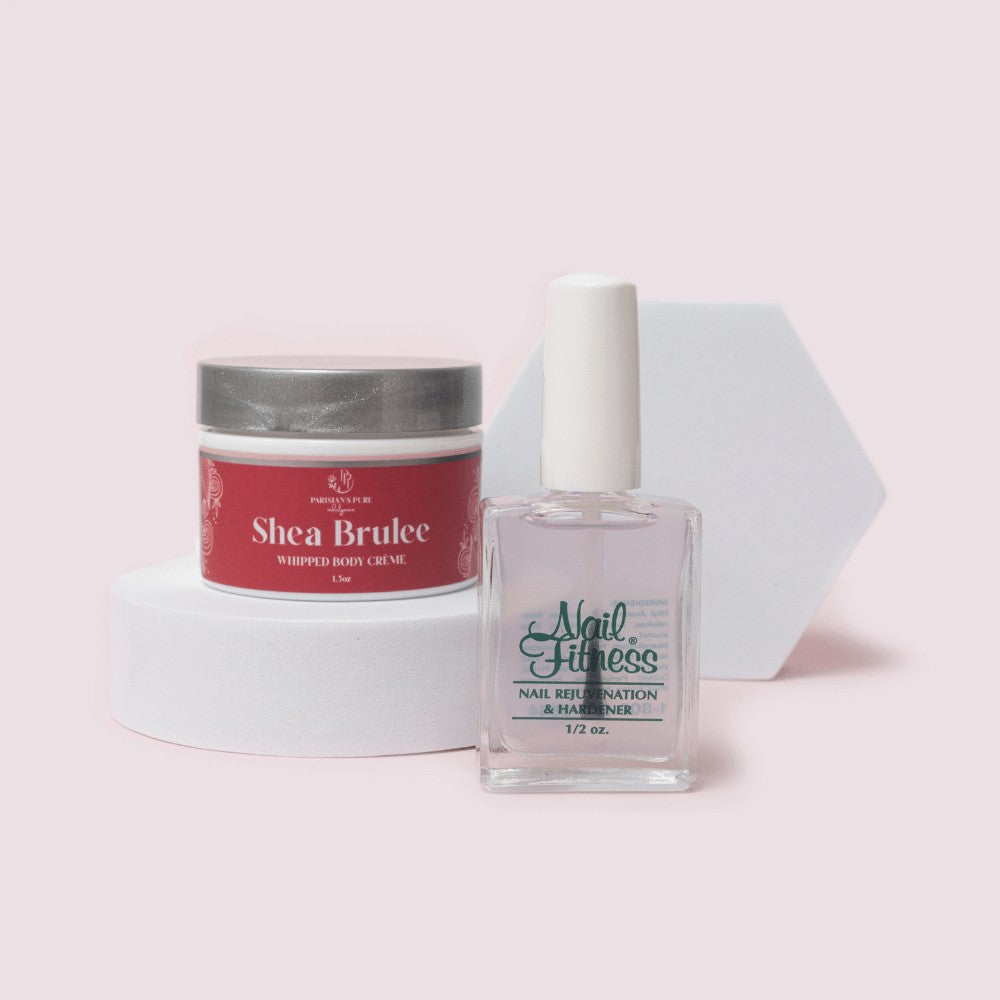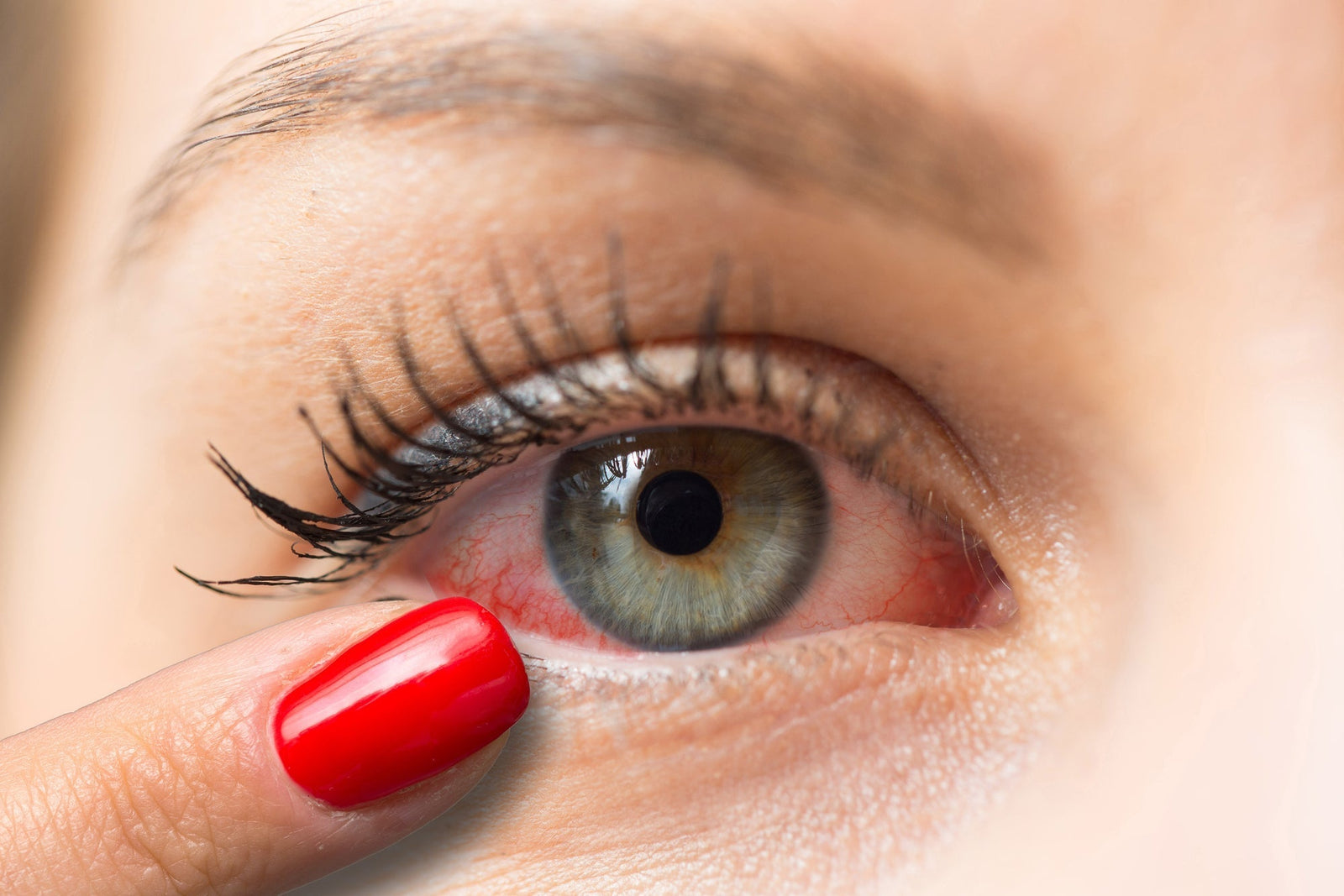5 Common Eye Cream Ingredients That Can Cause Allergies
The skin around your eyes is delicate and sensitive, so it's important to be careful about the ingredients in the eye creams you use.
Eye creams are a great way to keep the skin around our eyes hydrated and reduce the appearance of fine lines and wrinkles. However, some eye cream ingredients can cause allergies, leading to redness, itching, and other uncomfortable symptoms.
Here are 5 common eye cream ingredients that can cause allergies:
1. Fragrance
Fragrance is one of the most common allergens in eye creams. It can be found in both natural and synthetic fragrances.
2. Preservatives
Preservatives are added to eye creams to prevent them from spoiling. However, some preservatives, such as formaldehyde and parabens, can also cause allergies.
3. Essential Oils
Essential oils are often added to eye creams for their fragrance and skin-soothing properties. However, some essential oils, such as lavender and tea tree oil, can also cause allergies.
4. Lanolin
Lanolin is a waxy substance that is derived from sheep's wool. It is often used in eye creams because it is moisturizing and helps to protect the skin. However, lanolin can also cause allergies in some people.
5. Retinol
Retinol, a derivative of vitamin A, is a superstar ingredient often found in eye creams that are designed to tackle those pesky wrinkles and fine lines. With its impressive anti-aging benefits, it's no wonder retinol is a go-to ingredient in serums and moisturizers.
While retinol is a superstar for overall skin rejuvenation, it can sometimes be a bit too much for the delicate under-eye area. Some people experience irritation or allergic reactions when using retinol around the eyes.
The good news? You don't have to ditch retinol entirely! Here's what you can do:
- Apply retinol carefully: Avoid getting it too close to your eyes.
- Consider a specific eye cream: Look for a gentle eye cream formulated specifically for the sensitive under-eye area.
- Eye Gel for the win: Eye gels do not seep into the eye area as much as creams. Our Award-winning, Peptide Eye Gel does not contain retinol either.

The skin around your eyes is delicate and sensitive, so it's important to be careful about the ingredients in the eye creams you use.
Our Ageless Eye Serum is specifically formulated for those with sensitive skin, especially around the eyes.

Is it the eye cream or your makeup causing an allergic reaction?
Many times, we tend to blame skincare products for allergic reactions when the actual culprit could be our makeup.
Several cosmetic (makeup) ingredients have been known to cause allergic reactions. The main allergy culprits are: parabens, imidazolidinyl urea, Quaternium-15, DMDM hydantoin, phenoxyethanol, methylchloroisothiazolinone, and formaldehyde.
For instance, applying eye makeup liberally or using mascara with an expired shelf-life can cause discomfort in the eyes or even lead to inflammation.
In these cases, women may be more likely to attribute their allergic reaction to their eye creams or eye serums than their mascara or eyeliner.
If you think you may be allergic to an ingredient in your eye cream, it's important to stop using the cream and see a doctor. Your doctor can help you identify the ingredient that is causing your reaction.
Tips for finding an eye cream that won't irritate your skin:
- Read the ingredient list carefully: Always read the ingredient list before you buy an eye cream. If you see any ingredients that you know you are allergic to, avoid the cream.
- Test the cream on a small area of your skin before you use it on your eyes: This will help you to see if you have any reaction to the cream. We suggest on your neck, just under your chin for testing.
- Start with a small amount of cream: When you first start using a new eye cream, start with a small amount. This will help you to see how your skin reacts to the cream.
- Never use an eye cream on the eyelid just above your eye: Eye serums and gels/creams are meant to be used around the eye orbit and under the eyes. Creams can travel into the eyes if used on the eyelid near your eye.
If you follow these tips, you can find an eye cream that won't irritate your eyes and cause allergic reactions. Let's keep your eyes looking their best!

